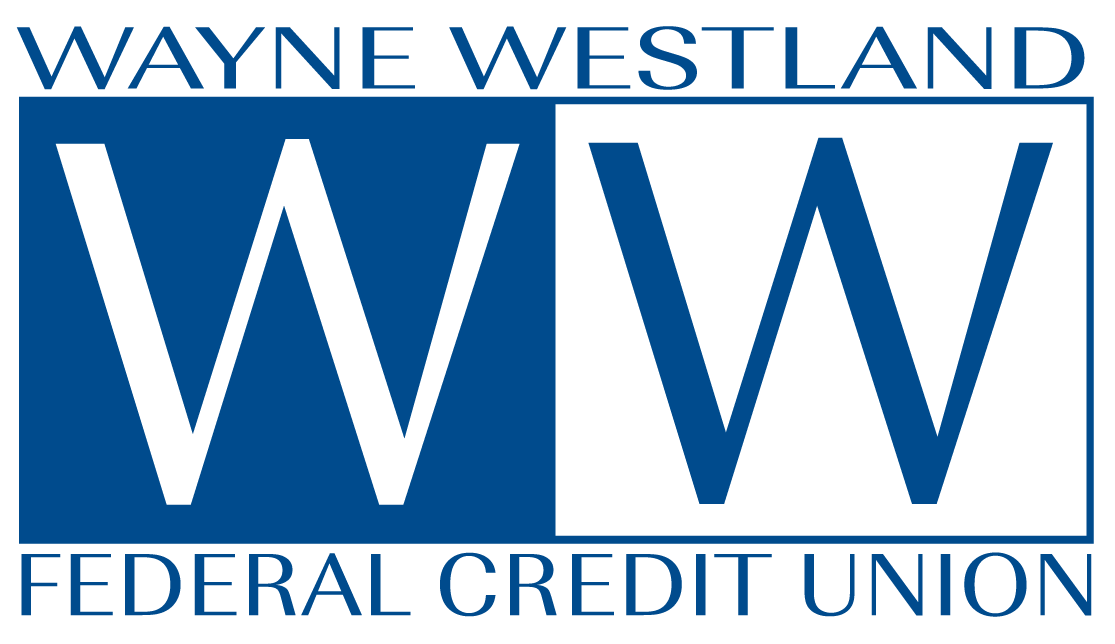Whether your hours have been reduced or you’ve been laid off due to the coronavirus pandemic, your bills are probably piling up. While this can be stressful and scary, the worst thing you can do is hope it all goes away and do nothing.
Contact Your Lenders
The first step you should take is to be proactive and reach out to your various lenders. Missing payments can severely damage your credit. Letting your creditors know about your situation can only help.
Credit card companies and lenders can offer many options to help you such as waiving certain ATM, overpayments and late fees. They might also allow you to delay, adjust or skip some payments. If you have an auto loan, you might be able to change the date of your payment, request a payment plan or ask for a payment extension.
When contacting your lenders, be ready to explain:
- Your situation
- How much you can afford to pay
- When you’re likely to be able to restart regular payments
- In the case of mortgages, be prepared to discuss your income, expenses and assets
Good news – If you have a student loan that is held by the federal government, your loan payments are postponed with no interest until September 30, 2020. The Consumer Financial Protection Bureau has more information about student loans here.
Credit Counseling
There’s more good news if you’re a WWFCU member. Our partner GreenPath Financial Wellness offers free debt management and budget counseling. Learn how GreenPath can help.
Not able to make your mortgage payment? The U.S. Department of Housing and Urban Development (HUD)-approved housing counselors can discuss options with you if you’re having trouble paying your mortgage loan or reverse mortgage loan. This may also include forbearance or a modified payment program.
Other Assistance
WWFCU is here to help its members. We’re offering several ways to help you make ends meet:
- We’re Here to Help Line of Credit
- Skip-a-Payment for WWFCU loans and credit cards
- Loan extensions for up to three months
- No ATM fees!
Reach out to a Member Service Representative if you need help or have any questions at (734)721-5700.


